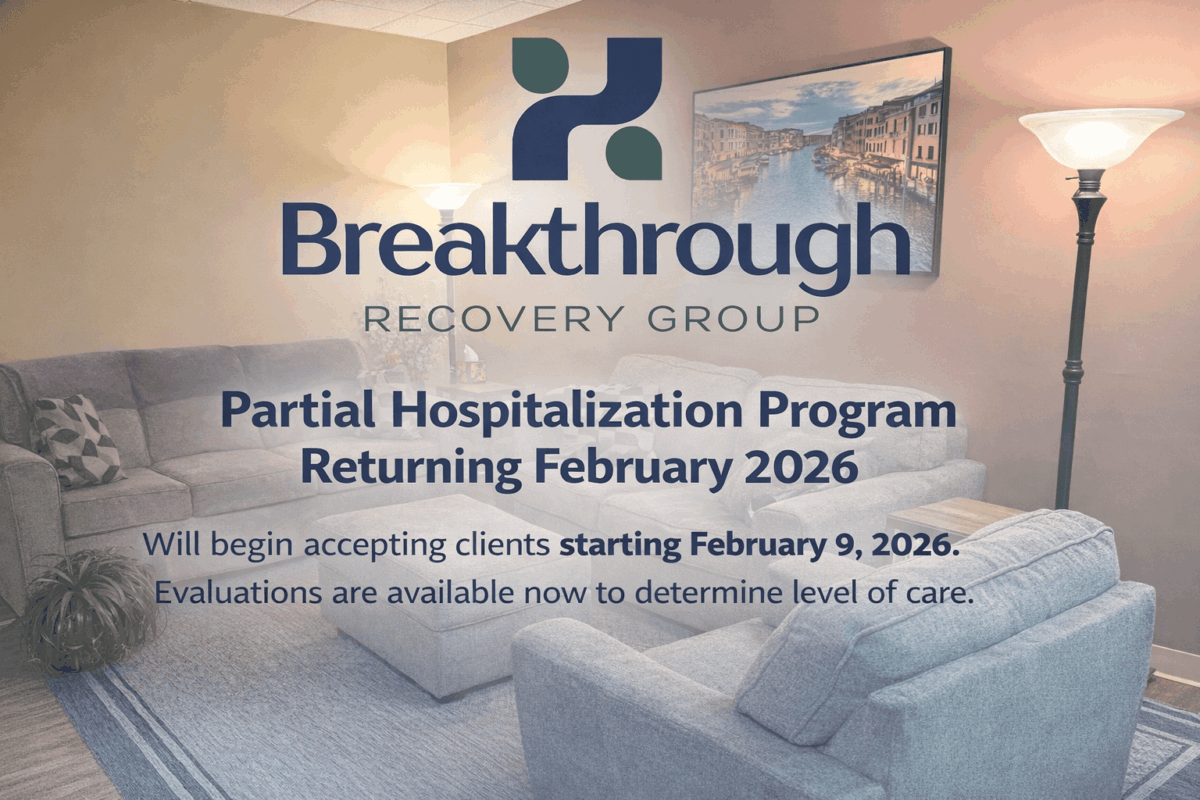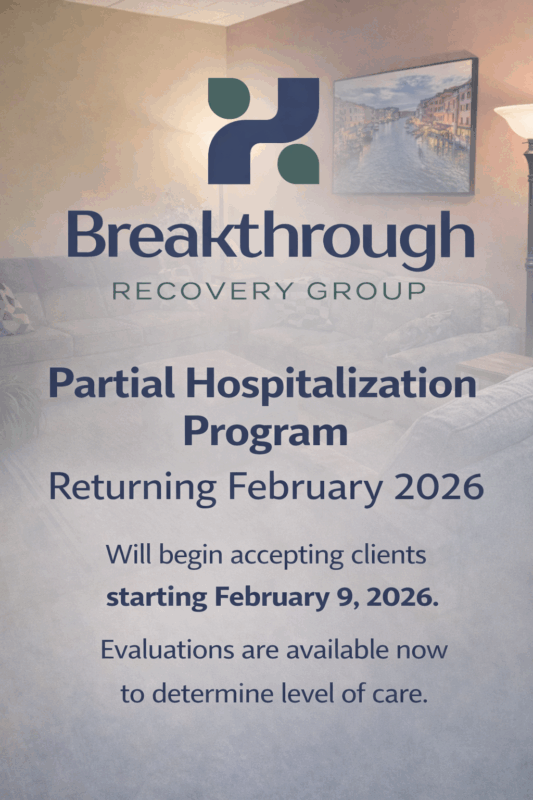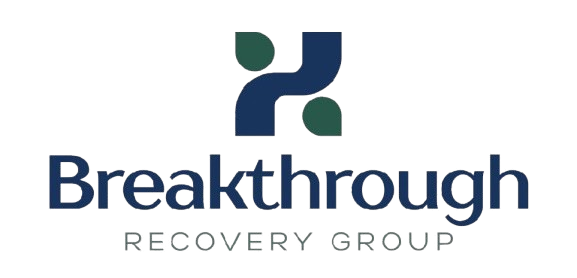
Importance of Drug Evaluation in the Recovery Process
At BTRG Spokane, we recognize that drug evaluations are a crucial step in addressing substance use issues effectively. By conducting comprehensive assessments, we can identify the extent of an individual’s substance use and its impact on their life. This process is pivotal in creating tailored treatment plans that meet the specific needs of each client. In Spokane, where substance misuse can significantly affect community well-being, these evaluations are not just about identifying problems; they’re about finding pathways to healing.
Types of Drug Evaluations Offered
Initial Assessments
Our initial assessments are designed to gauge the immediate concerns and needs of our clients. During these evaluations, we look at factors such as substance use history, current mental health status, and any co-occurring disorders. This comprehensive approach ensures that we can quickly identify any immediate interventions needed, setting the stage for effective treatment planning.
Court-Ordered Evaluations
We understand that some individuals may be required to undergo a drug evaluation due to legal obligations. At BTRG Spokane, we offer specialized evaluations that comply with court requirements, providing detailed reports that are both thorough and insightful. These evaluations not only help meet legal obligations but also offer a chance to transform a challenging situation into an opportunity for positive change.
Our Approach to Drug Evaluation
At the heart of our drug evaluation process is a deep commitment to compassionate care. We strive to create a warm and welcoming atmosphere where clients feel safe to share their experiences. Our team of skilled therapists leverages evidence-based techniques to gather accurate information while maintaining empathy and understanding. This approach not only aids in accurate diagnosis but also builds the trust necessary for successful treatment outcomes.
Personalized Treatment Plans
Once a drug evaluation is complete, our team collaborates with clients to develop personalized treatment plans. These plans are tailored to address the unique challenges faced by each individual, incorporating their personal goals and circumstances. By focusing on personalization, we ensure that our clients receive the most relevant and effective support, enhancing their chances of achieving lasting recovery.
The Role of Family in Drug Evaluations
In many cases, families play a vital role in the evaluation and recovery process. We actively involve family members in discussions, encouraging their participation and support. This inclusive approach helps family members understand the challenges their loved ones face and fosters a supportive environment conducive to recovery. By involving families, we strengthen the support network available to our clients, which is often a key factor in successful outcomes.
Community Impact of Drug Evaluation Spokane
Drug evaluation in Spokane goes beyond individual assessments; it plays a significant role in enhancing community health. By addressing substance use issues at their roots, we contribute to the overall safety and well-being of the Spokane community. Our work not only aids individuals in their personal journeys but also helps reduce the broader social impacts of substance misuse, creating a healthier environment for everyone.
Professional Expertise and Continuous Learning
At BTRG Spokane, we prioritize continuous professional development for our team. We stay aligned with the latest industry best practices through regular training and education. This commitment ensures that our staff is equipped with cutting-edge knowledge and skills to provide the highest standard of care. Our dedication to professional growth allows us to deliver innovative solutions tailored to the ever-evolving landscape of drug evaluation.
Integrating Drug Evaluation with Counseling
Our approach to drug evaluation in Spokane is integrative, combining assessments with ongoing counseling. This synergy enhances the therapeutic process, allowing clients to explore the underlying factors contributing to substance use. By addressing emotional well-being alongside substance issues, we help clients build a more resilient and fulfilling life, increasing their overall chances of recovery success.
Embracing Diversity and Inclusivity
We are committed to providing accessible and inclusive services to a diverse Spokane community. Our approach respects each client’s unique background, ensuring that all feel welcome and valued. We tailor our services to meet the cultural and personal needs of our clients, fostering an environment where they can thrive and achieve their recovery goals.
Key Factors in Successful Drug Evaluations
Successful drug evaluation relies on several key factors, including thorough data collection, empathetic communication, and holistic understanding of client needs. Our team prioritizes these elements in every evaluation, ensuring a process that is both effective and supportive. By focusing on these factors, we help our clients pave the way to a healthier, more fulfilling life.
Future Innovations in Drug Evaluation
As we look towards the future, we are committed to embracing new technologies and methodologies in drug evaluation. Innovations such as telehealth and advanced diagnostic tools offer exciting opportunities to enhance our services. By staying at the forefront of these advancements, we are better equipped to meet the evolving needs of our clients and the Spokane community.

What do they do at a drug evaluation?
At a drug evaluation, our primary goal is to understand each individual’s unique situation regarding substance use. This involves a comprehensive review of their substance use history, an assessment of their mental health status, and an evaluation of any co-occurring disorders. We create a welcoming environment where clients feel comfortable sharing their experiences. For instance, imagine sitting down in a calm and supportive setting with a therapist who listens intently and asks questions that help clarify the extent of substance use and any potential underlying issues. This initial evaluation sets the stage for developing a personalized treatment plan tailored to the client’s specific needs. By focusing on empathy and understanding, we foster a space where clients can begin their journey to recovery with hope and confidence.
What does drug evaluation mean drugs checked out for?
A drug evaluation involves more than just identifying the substances that a person may have used. It’s about understanding the broader context of their substance use, including frequency, quantity, and its impact on their life. For example, during an evaluation, we might discuss various aspects of the individual’s daily life to uncover patterns or triggers of substance use. This holistic approach ensures we capture a complete picture which is essential for tailoring effective treatment plans. Through this process, we aim not just to identify, but to comprehend the challenges our clients are facing, thereby opening the door to meaningful change and recovery.
What questions are asked in a substance abuse evaluation?
During a substance abuse evaluation, we ask a range of questions to gain a deeper understanding of the client’s situation. These questions may include inquiries about their substance use history, like when they first started using and how their usage has evolved over time. We also explore their mental health background, asking about any past diagnoses or treatments they may have received. Additionally, we delve into the impact of substance use on their daily life, relationships, and work. Picture this as a comprehensive conversation where every question is designed to piece together the client’s story in a respectful and supportive manner. As part of our approach, we encourage clients to share openly, knowing this information is fundamental in crafting a path forward uniquely suited for them. If you’ve been through an evaluation yourself, what questions or aspects did you find most surprising or enlightening?
How does family involvement impact the outcome of drug evaluations?
Family involvement can significantly enhance the success of drug evaluations and subsequent treatment plans. By including family members in the process, we aim to build a comprehensive support network around the client. This not only helps the family understand the challenges faced by their loved one but also allows them to provide informed and compassionate support. Imagine a scenario where a family learns about effective communication strategies to support their loved one’s journey to recovery. This involvement often leads to improved outcomes, increased motivation for the client, and a more supportive home environment. Have you seen family involvement play a role in other areas of healing or personal growth?
What role do community-based services play in drug evaluation?
Community-based services are integral to the drug evaluation and recovery process. By collaborating with local resources, we can provide clients with a network of support that extends beyond our office. For instance, we might connect a client with community support groups that offer peer encouragement and shared experiences. These services help strengthen the recovery process by ensuring that clients have access to ongoing support and resources that promote long-term wellness. As someone who has seen the impact of community on personal growth, how do you think a communal approach can further aid in addressing substance use issues?
How does continuous learning benefit drug evaluation practices?
Continuous learning is crucial for maintaining the efficacy and relevance of drug evaluation practices. At our organization, we prioritize ongoing professional development to stay at the forefront of industry best practices. By participating in regular training and embracing new research findings, we ensure that our team is equipped with the most current and effective tools. For example, we might incorporate novel therapeutic techniques that have been shown to enhance client outcomes. This commitment to learning not only benefits our clients through improved services but also fosters a culture of innovation within our team. How do you view the role of continuous learning in other fields, and what similar benefits have you observed?
How is drug evaluation integrated with counseling in treatment plans?
Integrating drug evaluation with counseling is an essential step in developing effective treatment plans. By combining these two elements, we can address both the clinical and emotional aspects of substance use. Consider a treatment journey where initial evaluations uncover underlying emotional triggers, which are then explored further in counseling sessions. This comprehensive approach allows clients to deeply understand and address the root causes of their substance use, ultimately fostering a more resilient recovery. Have you encountered other situations where integrating multiple approaches led to better outcomes?
Resources
- Substance Abuse and Mental Health Services Administration (SAMHSA) – SAMHSA is a government agency leading public efforts to advance the behavioral health of the nation.
- National Institute on Drug Abuse (NIDA) – NIDA is a government institute that conducts research on drug abuse and addiction.
- Centers for Disease Control and Prevention (CDC) – The CDC is a national public health institute working to protect public health and safety.
- National Center for Biotechnology Information (NCBI) – NCBI provides access to biomedical and genomic information.
- Partnership to End Addiction – Partnership to End Addiction is a nonprofit organization dedicated to supporting families affected by addiction.






